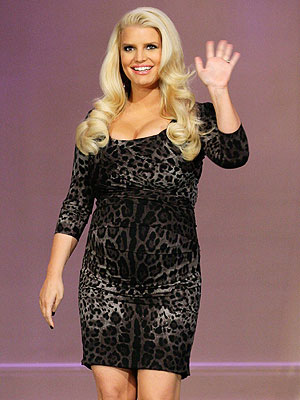BEIJING — China’s economy, whizzing ahead as the West struggles, seems quite remarkable. Perhaps a little too remarkable? Like many things too good to be true, is it all a little, well, too good to be true?
There will be the yea- and nay-sayers in any debate, and China’s economy provokes plenty of both. So here’s the “yea” side: the forces of urbanization and industrialization unleashed here in the 1970s after the death of Mao Zedong represent a historically singular phase that still has a way to go.
Here’s the “nay” side: that’s true, but we need to look at what’s actually happening in China’s financial system — is it safe? The trouble is, that system is mostly hidden from the outside world by a combination of language difficulty and the pitch-dark opacity that envelops much important business here. What’s interesting about the “nay” argument is that increasingly, it’s Chinese media and some prominent Chinese economists who are making it.
And of course all of this matters to the world because China is by now deeply part of the global economy, so what happens here affects everyone.
A Hong Kong online magazine that follows the Chinese-language debate closely recently presented a clear argument: among key concerns about China’s financial system are wealth management products offered by “trust companies,” part of the shadow banking system that operates outside the official banking sector but is entwined with it.
As Week in China wrote recently: “Analysts worry that the trust firms (and their wealth management products) could provide an explosive element to China’s financial landscape — much as toxic CDO’s made the American system vulnerable.”
CDO’s, of course, are collateralized debt obligations, those complicated financial tools that spurred unhealthy debt and lending in the United States, causing shocks that spread around the world when the system collapsed in 2007. (This graphic makes them as simple as possible.)
For some time, Chinese-language media have been looking at the scene, with outlets such as the 21st Century Business Herald and the National Business Daily leading the way.
Spurring concern was a recent remark by Xiao Gang, the chairman of the Bank of China, that the way trust companies were run was, potentially, “fundamentally a Ponzi scheme.” (The report is in English.)
It is difficult to measure the amount and value of wealth management products in circulation in China, wrote Mr. Xiao. (Mr. Xiao has been a proponent of Chinese banks vigorously investing overseas.)
“KPMG reports that trust companies will soon overtake insurance to become the second-largest sector in the Chinese financial industry. According to a report by CN Benefit, a Chinese wealth-management consultancy, sales of WMP’s soared 43 percent in the first half of 2012 to 12.14 trillion yuan,” or $1.9 trillion, he wrote.
Either way, there are now “more than 20,000” wealth management products in circulation, “a dramatic increase from only a few hundred just five years ago.”
“Given that the number is so big and hard to manage, China’s shadow banking sector has become a potential source of systemic financial risk over the next few years,” wrote Mr. Xiao. “Particularly worrisome is the quality and transparency of WMP’s. Many assets underlying the products are dependent on some empty real estate property or long-term infrastructure, and are sometimes even linked to high-risk projects, which may find it impossible to generate sufficient cash flow to meet repayment obligations.”
The details are complex. But Week in China’s conclusion is this: “WiC suspects — along with swathes of the Chinese press — that the trusts and their wealth management products have now intertwined to become the weakest link in the Chinese financial system. In recent weeks it’s become clearer that these obscure institutions have waded into some wayward financial positions,” with certain companies, such as Zhongrong Trust and Shangdong International Trust, particularly involved.
“The question now is whether this might lead to a broader crisis,” the magazine wrote.
“On balance that may still be a way off,” it wrote.
As long as the economy expands at close to 8 percent a year, “the trusts may be able to ‘grow’ out of their bad assets. But if one of the major players collapses, the dynamic may be much more explosive. As Charles Ponzi well understood, confidence is everything,” it concluded.
Last week, several Chinese-language media reported the big four state banks had stopped selling trust company products to clients in Beijing and were scaling back in Guangzhou. “The official clampdown on the trusts might already have begun,” wrote Week in China.
Read the story and see what you think: Is China veering towards a U.S.-style financial crisis, or will it take action and avoid one? Or is the concern overblown?











